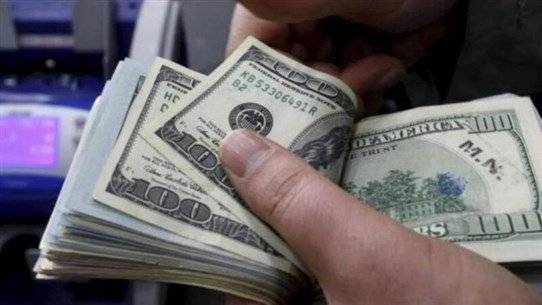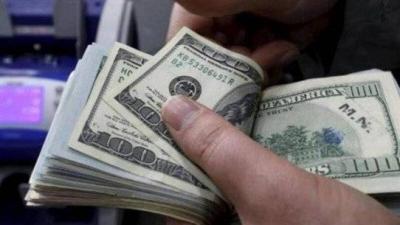Amid the Lebanese people's preoccupation with the repercussions of the dollar's skyrocketing rise to 38,000 lira, and its dramatic fall to 28,000 within less than 24 hours, resulting in turmoil and fluctuations in the prices of food, fuel, and all consumer goods, both agricultural and industrial, and with the absence of any practical measures to protect citizens, the head of state was busy with theoretical decisions deemed ineffective, represented by the formation of a national council to monitor pricing policy, which includes members from most public administrations, according to the Minister of Economy in the caretaker government, Amin Salam. Economic sources expressed astonishment in a conversation with "Anbaa" electronic news about the fanfare surrounding the announcement of this council, questioning its function and role in stabilizing prices and what this council could do regarding dollar fluctuations. They added, "It would have been better for them to reactivate the Consumer Protection Directorate through the large number of employees who were hired through quota systems in public administrations over the past years, who receive salaries without any productivity."
Financial and economic expert Nacib Ghobril, in an interview with "Anbaa" electronic news, stated that what happened this week is politically motivated, not economically justified, as there is nothing that validates the events; the economic situation has not improved, the growth rate has not increased, local consumption has not risen, and demand for imports, which requires an increase in dollar demand, has not changed. He added, "What happened is purely political, as the parallel market is opaque and does not allow for market control or the achievement of rapid political goals." Ghobril described the measures taken as temporary while awaiting reforms, the most crucial of which is unifying the exchange rate. He emphasized that the reform process is necessary and should be carried out as quickly as possible, as the IMF will not sign off on granting Lebanon 3 billion dollars without structural reforms being implemented to reach that scenario. He reiterated that "what occurred are temporary objective measures, so no one should think they are an alternative to the reforms that require a clear political will, beginning with restoring trust first and foremost."




